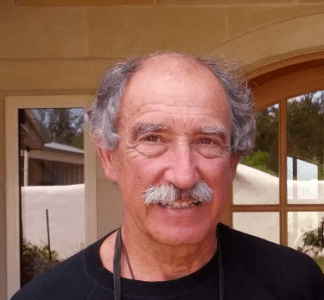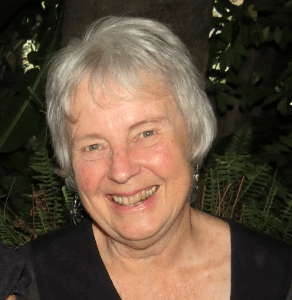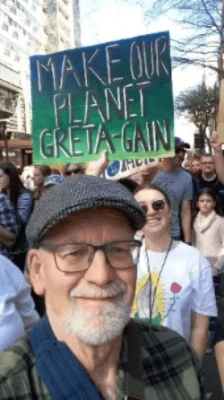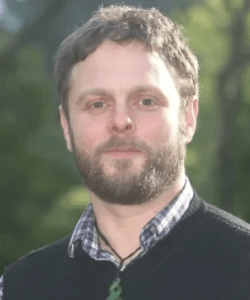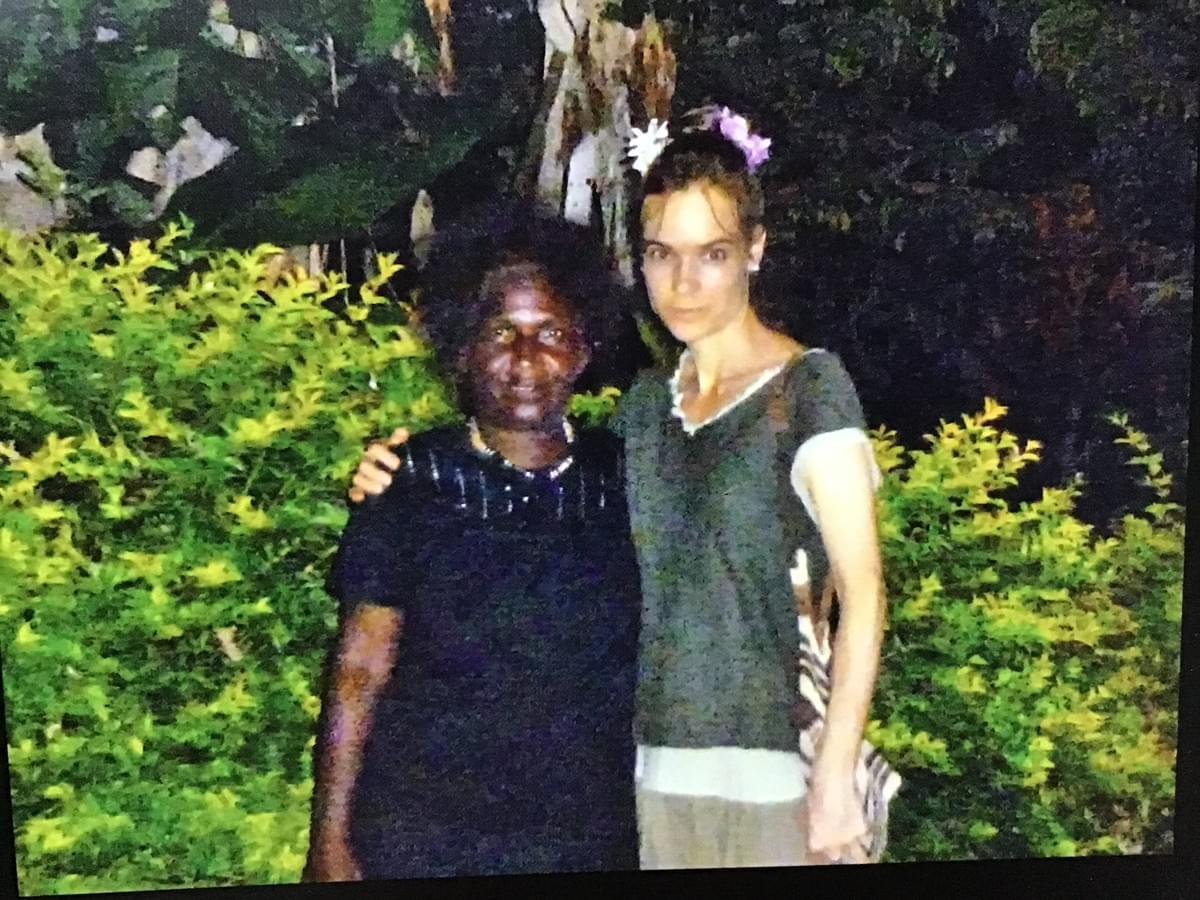



Degrowth (de-escalating economic growth): towards equity and environmental health
Degrowth is the only responsible path to a 'better not bigger' future for all
- What is Degrowth?
- Resources
- Connect
- …
- What is Degrowth?
- Resources
- Connect



Degrowth (de-escalating economic growth): towards equity and environmental health
Degrowth is the only responsible path to a 'better not bigger' future for all
- What is Degrowth?
- Resources
- Connect
- …
- What is Degrowth?
- Resources
- Connect

Who we are
Many of us have long questioned whether economic growth is always a good thing. We are concerned about overshoot, planetary boundaries and the overwhelming responsibility of high income nations and individuals for the climate crisis, biodiversity loss, water and soil pollution.
Degrowth Aotearoa NZ (DANZ) was formed by a small group of individuals passionately dedicated to raising awareness about the urgent need to find ways of living within biophysical limits.
This information 'About Us' is about the founders of DANZ,
while Degrowth as a whole includes you members, and everyone who is part of the Degrowth Movement

Jack Santa Barbara PhD
Jack is a retired CEO, academic, environmental and peace activist, and philanthropist. He has had a long-standing interest in energy issues and involvement with various NGOs dedicated to strong sustainability and social justice issues.
Having come rather late in life to the realisation that we are collectively exceeding planetary boundaries, I am sympathetic to those who haven’t yet had the experience of looking at the facts and coming to understand their significance. I can clearly recall my own stunted transition: I read Limits to Growth ages ago and understood the theory, but thought we had lots of time before things got serious. So I lectured in an MBA program on Sustainable Business. Then I took a course on Climate Change and realised we had already breached biophysical limits in a big way and it blew my mind. Ever since I have been trying to help others understand our predicament and the urgent need for radical action. Along the way a friend and mentor introduced me to Ecological Economics as presented by Herman Daly. I was deeply impressed with the comprehensiveness and conceptual coherence of Daly’s thinking and see it as a constructive framework for moving to a steady state economy. I welcome the opportunity to work with others toward this elusive but noble goal.

Dr Mike Joy
As an ecologist Mike sees the world in an interconnected systems way. This view allows for the awareness and acceptance that civilisation is facing peak everything, and climate change is but one of a raft of existential crises that are symptoms of overshoot. The crises are the manifestation of hitting planetary boundaries, or biophysical limits to growth we were warned about in the 1970s. The burgeoning human population and levels of consumption have far exceeded the ability of the planet to sustain it long-term. This overshoot was enabled using fossil energy, in the case of food much of it through synthetic nitrogen, which allowed us, albeit temporarily, to eat the past. This transition was arrogantly labelled the ‘green revolution’ and talked up as a great human achievement but, it was one-off subsidy from the past. This legacy is, however, close to its end as the ‘easy energy pickings’ diminish. To be able to feed the burgeoning population without fossil fuels and keep greenhouse gas emissions at a safe level will require a drastic reduction in consumption. Thus, Degrowth is inescapable: our choice is whether we do it in a managed way or have it forced upon us.

Deirdre Kent
I am a long time environmental activist. Once a maths teacher, I have researched and campaigned many issues and co-founded many public interest organisations. In 1975 I stood as a Values Party candidate. (Values questioned the benefits of economic growth). In the 80s I was a full time paid lobbyist for ASH (Action on Smoking and Health). I have written two books, one on complementary currencies and am a founding member of Living Economies Educational Trust. I co-founded Transition Town Otaki and the Otaki Timebank. Recently I've been focussing on the climate issue and I now see degrowth as the obvious solution to reducing emissions.

Paul Bruce
Paul Bruce worked at MetService NZ between 1973 and 2010 as a weather forecaster and climatologist with secondments to the Fijian Meteorological Service, Bolivian Climate Service and Antarctica Research Division. He published papers on weather relationships with asthma attacks, apple and pear diseases, inclement weather for cycling.
He also volunteered on the successful native forest campaigns, on a pottery cooperative in Peru, for Greenpeace advocating for a Fijian trade union embargo on french goods because of nuclear tests at Mururoa Atoll and in Chile where he documented a pirate whaling operation bringing its closure. Paul edited a Latin America Report, which focussed on human rights and development in Latin America for a time over the 80s and 90s. He was also a founder member of Development Resource Centre & Council for International Development and attended the first World Social Forum in 2001 in Porte Alegre, Brazil as a NGO representative.
He was one of the organisers of Pathways to Resilient Communities Forum Te Papa 2008. This was followed by 3 terms as Greater Wellington Regional Councillor 2007 to 2016, where his focus was on integrated transport solutions, retention of zero emission trolley buses, development of light rail, urban reform, climate change and improved waste management.In 2018, Paul organised "Wellington After Paris" for the Civic Trust, and in September 2019, a conference on “Citizens Assemblies” at the Wellington James Cook Chancellor with Phil Saxby and Kate Jensen.
He remains a board member of Our Climate Declaration and the Executive of Sustainable Energy Forum and active with recently formed groups Pathway to Survival and Degrowth Aotearoa New Zealand.

Nathan Surendran
Nathan brings extensive knowledge of macro scale systems and risks, synthesizing economic, energetic and environmental factors. He is an advocate for realistic, fact based strategic decisions on issues of resilience and strong sustainability across the personal, community, regional, national and international levels.

Sahra Kress
With a family background dedicated to the development of complexity theory, Sahra is grounded in an overview of 'how everything fits together' from a dynamic systems perspective. As a community midwife in Kāpiti, Sahra is passionately concerned about the future for the children she delivers. Her work includes 19 years of lead maternity care practice, regular emergency skills teaching in Vanuatu and Papua New Guinea, and leading a research study on family planning in the Solomon Islands. Unable to separate the humanitarian from the ecological, she felt her advocacy needed to expand from protecting mothers, to advocating for their children, and nature. Sahra is dedicated to the principle of “think global, act local”, and splits her time between re-localisation and restoration efforts, midwifery, and degrowth advocacy. She has recently completed a course exploring responses to the predicament, alongside some of the world’s leading thinkers and doers, engaging with some of the most nuanced and difficult issues of our times.
